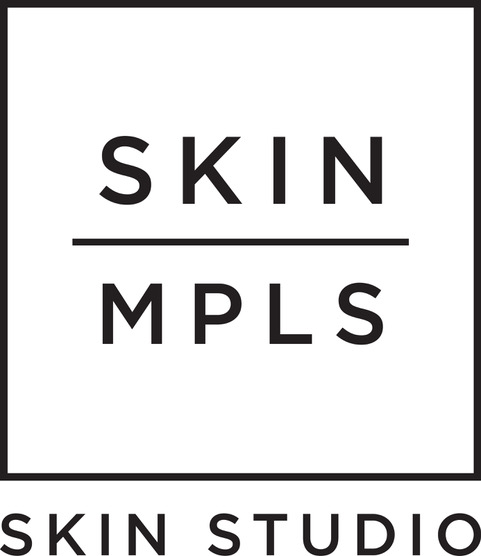Should You Be Scared of Seed Oils When It Comes To Your Skin?
Seed oils have drummed up quite the confusion, controversy, and fear-mongering over the last several years. We take note when we start hearing our acne clients blaming seed oils for their acne flare-ups. Could there be any truth to that? Evidence and opinions are very mixed.
But personally, all we know is we really don’t want to give up french fries for the rest of our lives and don’t come for our dipping sauces either! Since seed oils can make your head spin, we are going to simplify this as much as possible when it comes to your skin.
What are seed oils?
Seed oils are simply oils that are extracted from seeds of various plants. They are a group of oils, including sunflower, canola, corn, and grapeseed. These oils have long been featured on clickbait “hateful eight” lists.
There are two main concerns on the internet about seed oils. One is that they are industrialized and overprocessed, meaning they are refined with high heat, degrading any natural antioxidants and potentially introducing harmful ingredients. The other concern is that they are high in omega-6 fatty acids, which may increase inflammation.
While most health experts agree virgin olive oil is the best option to consume, seed oils continue to be a staple at restaurants because they are cheap and suitable for high-heat cooking. Seed oils are also hidden in almost every packaged processed good, from snacks to salad dressings.
Are seed oils scary?
What do we know? Well, we do know that if someone were to quit or limit seed oils, that would look like cutting way down on processed food and preparing more meals at home. That is a much better diet in general, so it’s hard to prove if it’s specifically about skipping the seed oils.
We also know that seed oils are high in omega-6 fatty acids. What some people misunderstand, though, is that your body needs omega-6 fats as well. The issue lies in the ratio, according to some nutritional scientists. Even health experts who really fear seed oils say that they are only potentially harmful in large amounts. Think of them like sugar in that sense.
We know that inflammation in the body transfers to inflammation in the skin. If you are acne-prone, that means that those inflammation spikes can cause breakouts. In addition to limiting the amount of omega-6 fatty acids you eat, you can up your omega-3 fats. Cook with olive, avocado, or coconut oil. You can also choose grass-fed meat and dairy when possible because grass-fed animal products contain more omega-3s than 6s.
Upping your omega-3s has been proven to help lower breakouts. While you can do this by incorporating wild-caught salmon, olive oil, walnuts, and chia seeds into your diet, you may also find an omega-3 supplement helpful. The supplement will help fill the gaps and balance out the occasional processed, restaurant, or fried food containing more omega-6 indulgent fats.
A ten-week study against a placebo found that acne patients who supplemented with omega-3 had decreased acne against the other group. The Face Reality omega-3 supplement, Clear Skin Balance, also contains vitamins A, D, and E. People who struggle with acne have been shown to have lower levels of vitamin A. Vitamin D is crucial for immune function, and our skin is our largest organ and first defense as an immune system. Vitamin E has been found to help collagen and skin repair, so when you are opting for an omega-3 option, this is one specific for your skin and acne! Also, Face Reality is careful to source the highest-quality ingredients, knowing that’s a key component to results.
While the conversation around seed oils is still ongoing, the reality is that whole, unprocessed foods like vegetables, fruits, and quality proteins are largely considered to be medicine for your body and contain nutrients to improve your skin. The more you give your body good, the more it will resist reacting when you eat the occasional seed oil. If you think one french fry or seed oil slip-up spiked your acne, you might be overstressing, which makes long-term achievable results hard. Stress is the most challenging acne obstacle that aestheticians face.
